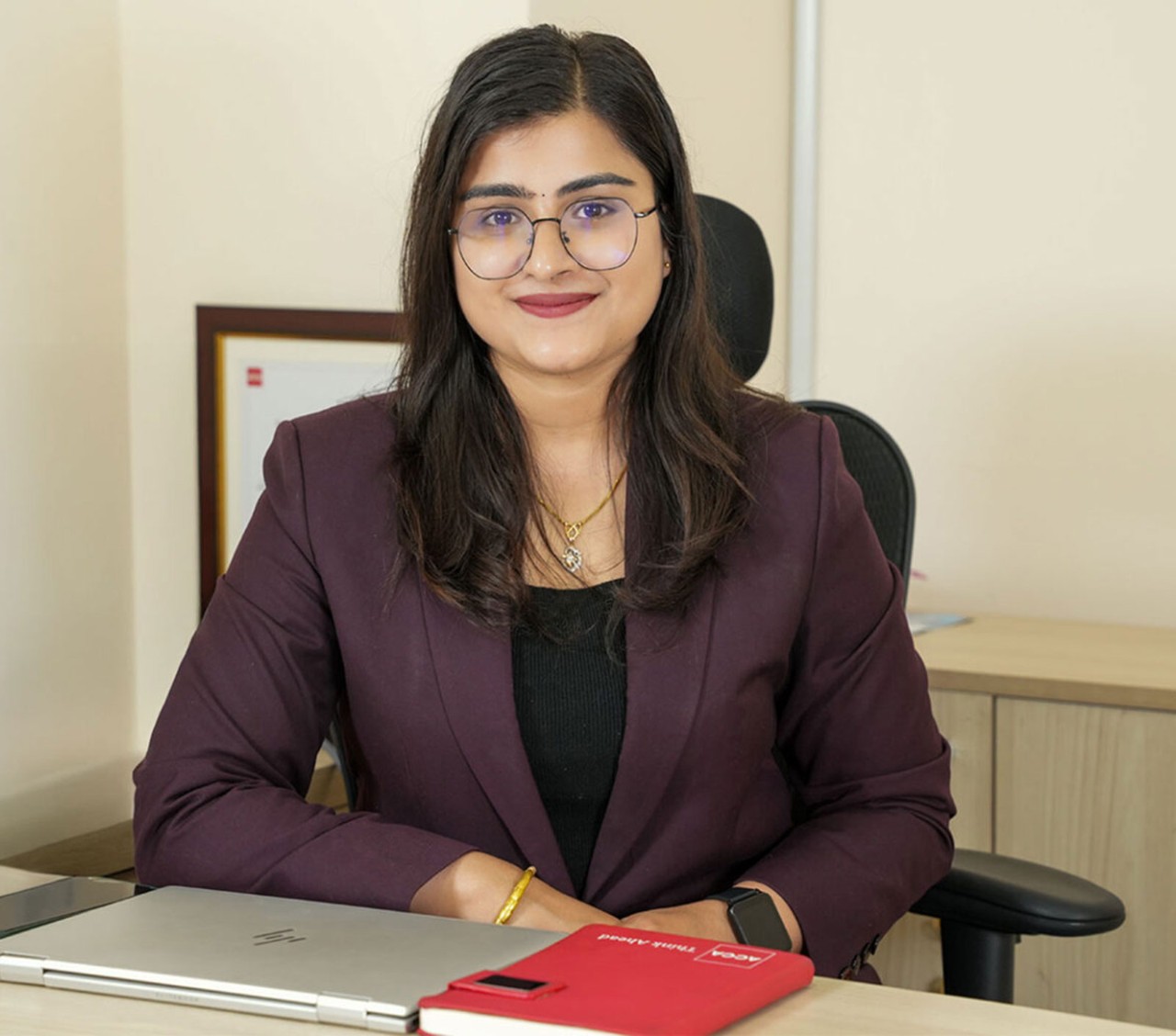
The United Arab Emirates has established itself as a hotbed for small and micro businesses, underpinned by proactive government policies, an open and diversified economy, and increasingly sophisticated infrastructure. This presents great opportunities for the advisory market – from offering support in setting businesses up, to assisting with regulatory and tax compliance in this complicated business environment.
SMEs make up over 94% of the UAE’s businesses and contribute more than 60% to non-oil GDP, with ambitions to double their number to one million by 2030. From digital banking platforms and visa reforms to tax-friendly regimes, the environment is undeniably fertile for both homegrown entrepreneurs and those from around the world.
This was evident at the ‘Make it in the Emirates’ exhibition in Abu Dhabi in May, where the Emirates Development Bank (EDB) and RAKBANK announced an AED1bn fund to support micro SMEs (MSMEs) across key sectors such as manufacturing, healthcare and renewables. The EDB also launched EDB 360, a fee-free digital banking platform for MSMEs, and the ‘Make it in the Emirates Accelerator’, designed to fast-track high-impact industrial startups and scale-ups.
‘The speed of change is fast, which is where the opportunity lies’
A key attraction for entrepreneurs is the speed and simplicity of launching a business in the UAE. ‘You can incorporate a company in two to three days – it’s that easy,’ says Mariam Absar FCCA, co-founder of Limitless Consulting. The dismantling of requirements for local Emirati sponsorship and the proliferation of specialised free zones have opened up the ecosystem further.
‘The government is taking various initiatives to empower SMEs and MSMEs,’ says Muhammad Kalim FCCA, managing partner at BSA Bader Saleh Auditing & Consultancy. ‘Free zones are very competitive and focused on attracting entrepreneurs with innovative business models.’
Digital banks, such as Wio Bank, have also transformed banking accessibility. ‘Previously, opening a bank account was a real hurdle,’ says Oxana Losevskaya FCCA, partner at SLPartners. ‘But digital banking has helped reduce the bottlenecks.’
However, while ease of banking is improving, it remains a sticking point. ‘Conventional banks still demand high balances and can be slow to respond,’ says Absar. ‘But the rise of digital banks has definitely improved things.’
Advisory opportunity
Despite the government’s opening-up initiatives, setting up and scaling a business isn’t without friction, which is where advisers play an important role. Rayhan Aleem FCCA, founder of Alpha Pro Partners and taxtech firm Tax Star, sees an exciting dynamic.
‘With the introduction of corporate tax and upcoming e-invoicing reforms, there’s a huge opportunity for tech and tax advisory firms,’ he says. ‘The speed of change is fast, which is where the opportunity lies.’
Vera Doljenkova FCCA, founder of Vero360 Degree Solutions, agrees. ‘On paper, it’s very easy for individuals to set up a business,’ she says. ‘But for real operational growth they need to navigate high rent, staff costs and limited incentives for hiring.’
‘Many entrepreneurs are overwhelmed and don’t know who to trust’
Clients also struggle with tax compliance. ‘Many startups don’t realise they must register for corporate tax – even if they’re exempt,’ she adds. ‘They end up paying unnecessary fines.’
Kalim echoes the need for awareness: ‘There’s a knowledge gap, especially among MSMEs, around regulatory updates and how to access available support. Many entrepreneurs are overwhelmed and don’t know who to trust.’
As a result of the developments in the SME ecosystem, the number of boutique consultancies has been on the rise. ACCA members leading such firms are offering specialist support to help SMEs stay compliant, competitive and resilient.
Kalim provides hands-on services from incorporation to digital transformation, while Doljenkova’s firm focuses on operational outsourcing. Muhammad Hassaan Bhagat ACCA of Limitless Consulting says his firm provides end-to-end advisory services with a specialisation in financial services licensing. Tax Star, meanwhile, is taking a technology-led route to help businesses and accountants deal with new regulations, automating every step of the tax process – from filing and compliance to document storage and approval workflows.
‘Our goal is to use AI-powered software to give accountants superpowers, so they can do returns faster and more accurately and spend more time on value-added work,’ says Aleem.
‘With the right ecosystem, better access to funding and more awareness, this country could become a regional – and even global – SME powerhouse,’ says Kalim. ‘The momentum is definitely there.’

